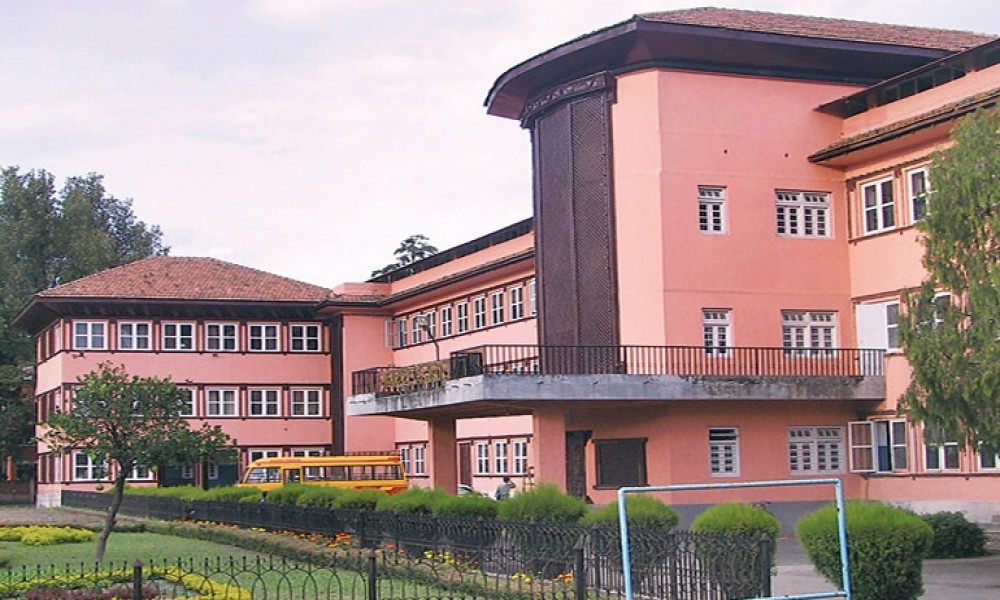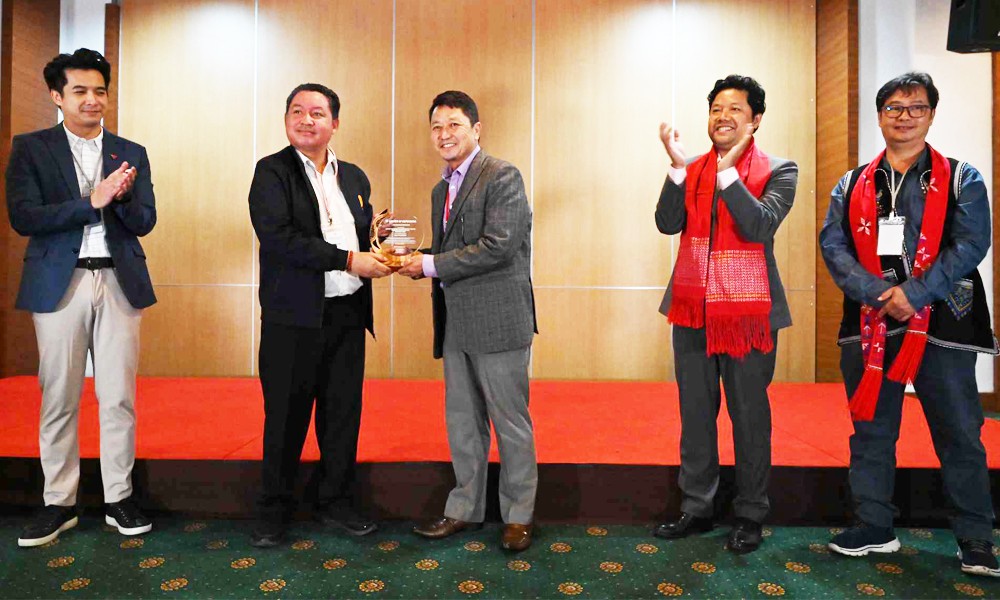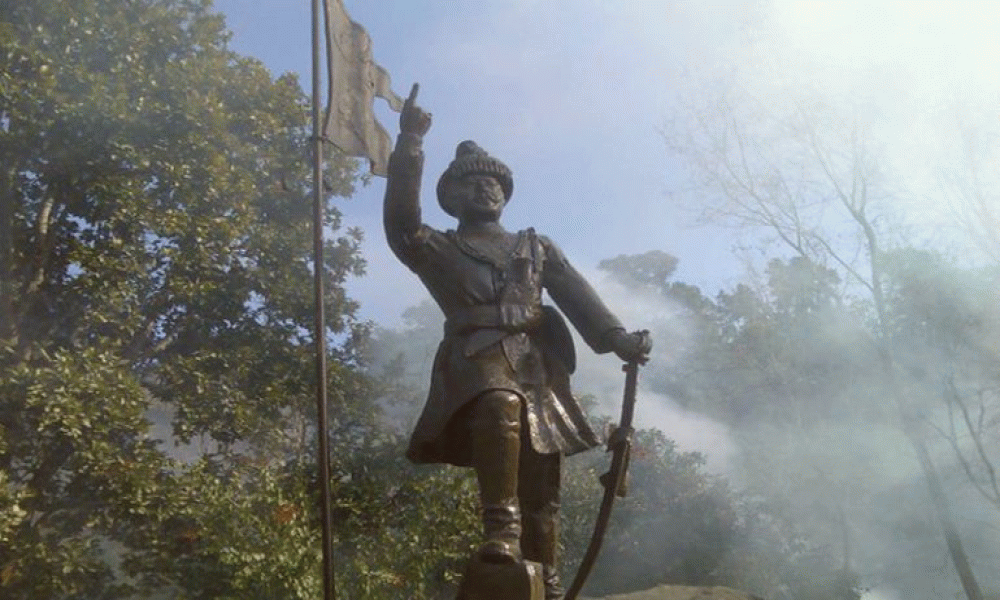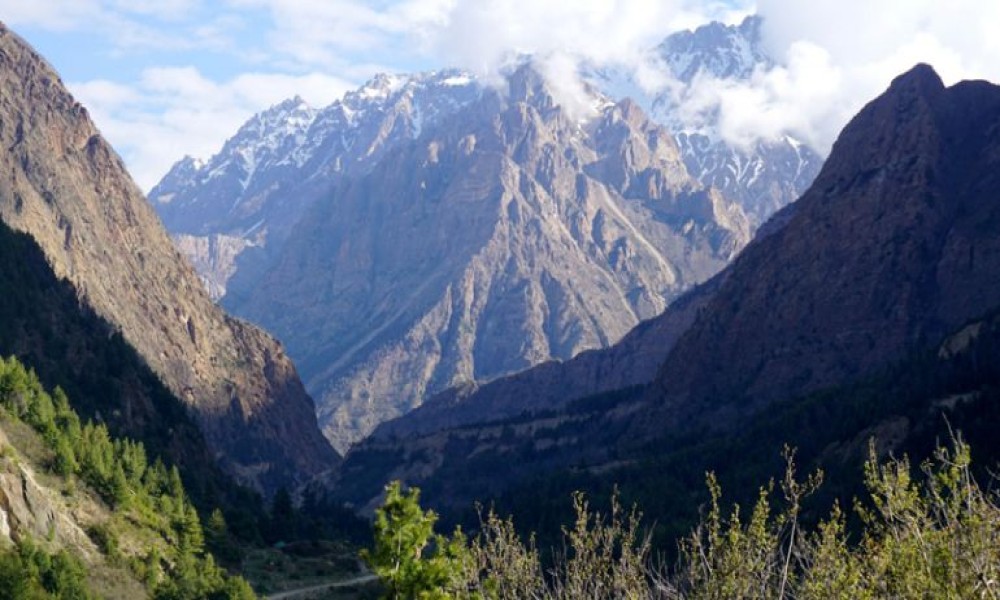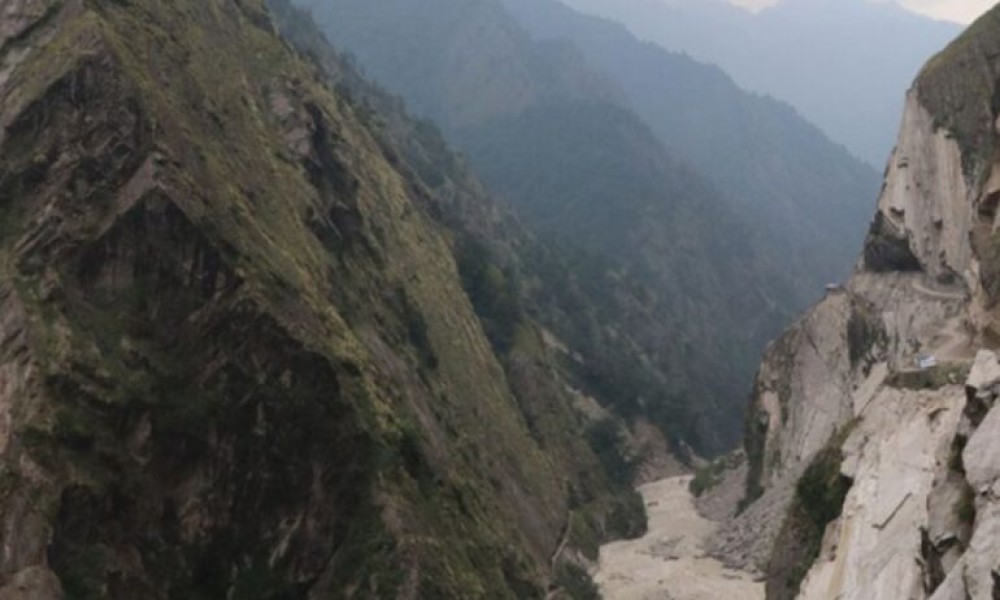A significant number of Indigenous Peoples known as Adivasi-Janjatis or Indigenous Nationalities in Nepal do not have access to existing judiciary, quasi-judicial and administrative bodies. So, they often feel left out and unable to fight for justice. There are multiple reasons behind their inability to seek justice.
First, a majority of Adivasi/Janjatis reside in rural villages and have to walk for days to reach district courts, quasi-judicial and administrative bodies. So, they often end up tolerating injustice done to them.
Second, Adivasi/Janjatis speak their own languages. Some indigenous peoples do not understand or are weak in Khas/Nepali language, which is the official language in all judicial agencies. Legal terminologies in Khas-Nepali are too difficult for them to grasp. So, fighting for justice in courts is an uphill task for indigenous people.
Third, Nepal's judicial process is complicated and hiring lawyers can be costly. The disadvantaged and poor Adivasi/Janjatis do not muster courage to hire lawyers and pay other types of fees.
Adivasi/Janjatis speak their own languages. Some indigenous peoples do not understand or are weak in Khas/Nepali language, which is the official language in all judicial agencies. Legal terminologies in Khas-Nepali are too difficult for them to grasp. So, fighting for justice in courts is an uphill task for indigenous people.
Adivasi/Janjatis have lost their lands and natural resources. So, most of them are impoverished and financially incapable of getting through legal processes. Needless to say, Nepal's judiciary is mired in corruption. Every now and then, corruption cases spill out of courts. In such a situation, fighting court cases requires a lot of money. At times, it appears like justice has to be bought, not fought. So, Indigenous Peoples in Nepal are hesitant to approach courts.
A majority of judiciary staff are non-indigenous people and are not sensitive about issues facing Adivasi/Janjatis. There are examples of indigenous peoples losing court cases to non-indigenous people because they cannot strongly present their cases in Nepali language.
So, Nepal's judiciary is not friendly with Adivasi/Janjatis. And, it is important to start a debate on how judiciary can be reformed so that Adivasi/Janjatis do not feel neglected. Justice is rights of all citizens. It is not a subject of some one's kindness. So, judiciary must be restructured to make it more inclusive. As Nepal is a multi-cultural society, a multi-lingual judiciary where court cases can be fought in any language is necessary. And it is important only when Nepal becomes a federal nation and federal judiciary is established.
Federal courts should be made inclusive so that all disadvantaged and marginalized communities have their representatives there. It can be done by beginning to fill vacant posts from marginalized communities like Adivasi/Janjatis, Madhesi, Dalits, Muslims and women.
Federal courts should be made inclusive so that all disadvantaged and marginalized communities have their representatives there. It can be done by beginning to fill vacant posts from marginalized communities like Adivasi/Janjatis, Madhesi, Dalits, Muslims and women. The government can also offer golden handshake to old and about-to-retire judges to create vacant posts for representatives of marginalized communities.
Adivasi/Janjatis also enjoy their own judiciary system. As in many other countries, Tharus or Thakalis in Nepal have their own judicial systems. These systems can be recognized by the government to ensure that indigenous people do not have be deprived of justice. Such traditional justice mechanisms should be recognized by the new constitution. Countries like India and the US have recognized judiciary systems of certain tribes. In the US, a decision taken by a tribal judiciary body cannot be challenged in the federal court. It is yet another great ideal to make Nepal's judiciary more inclusive and ensure justice for all marginalized communities.



